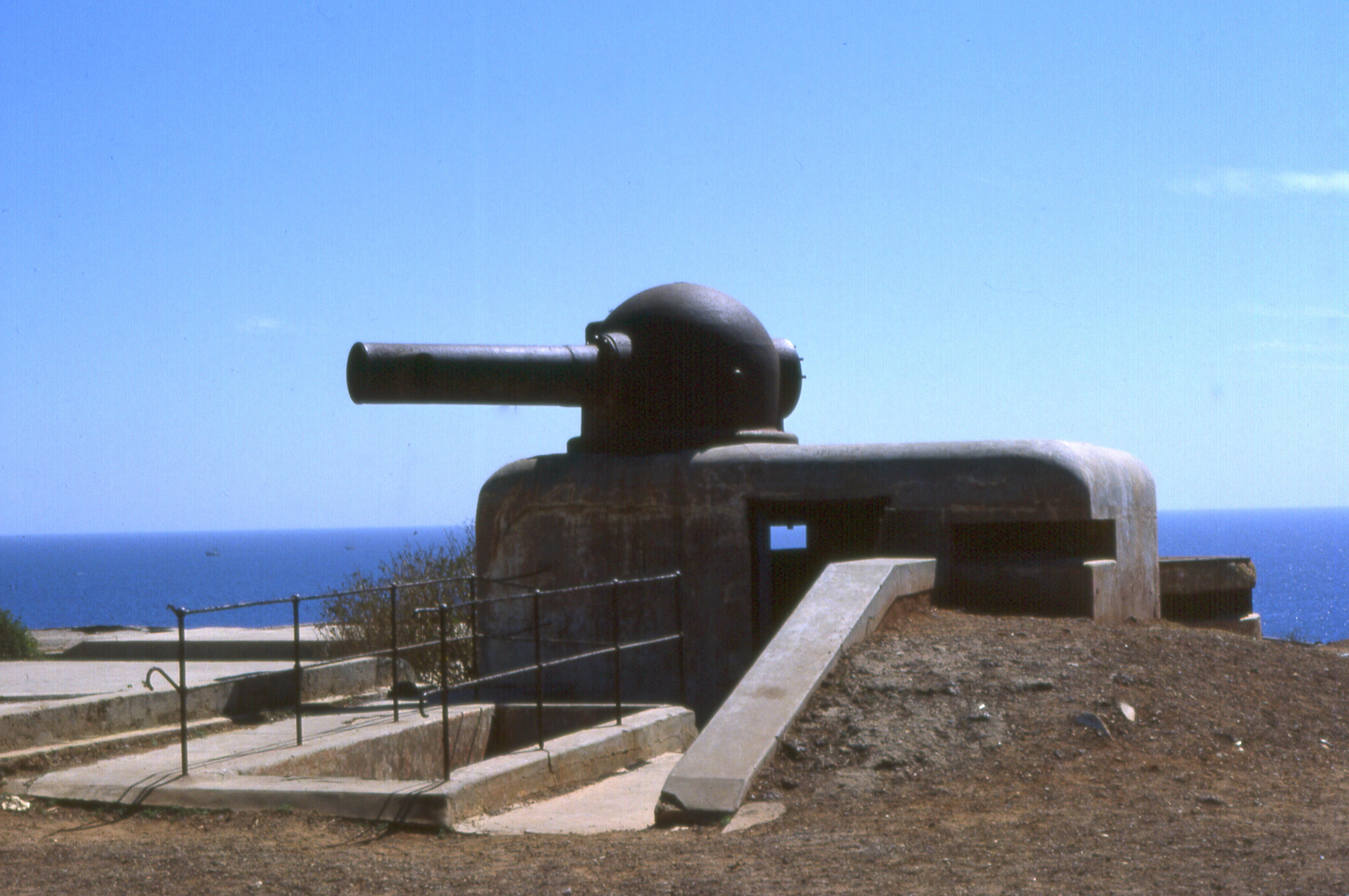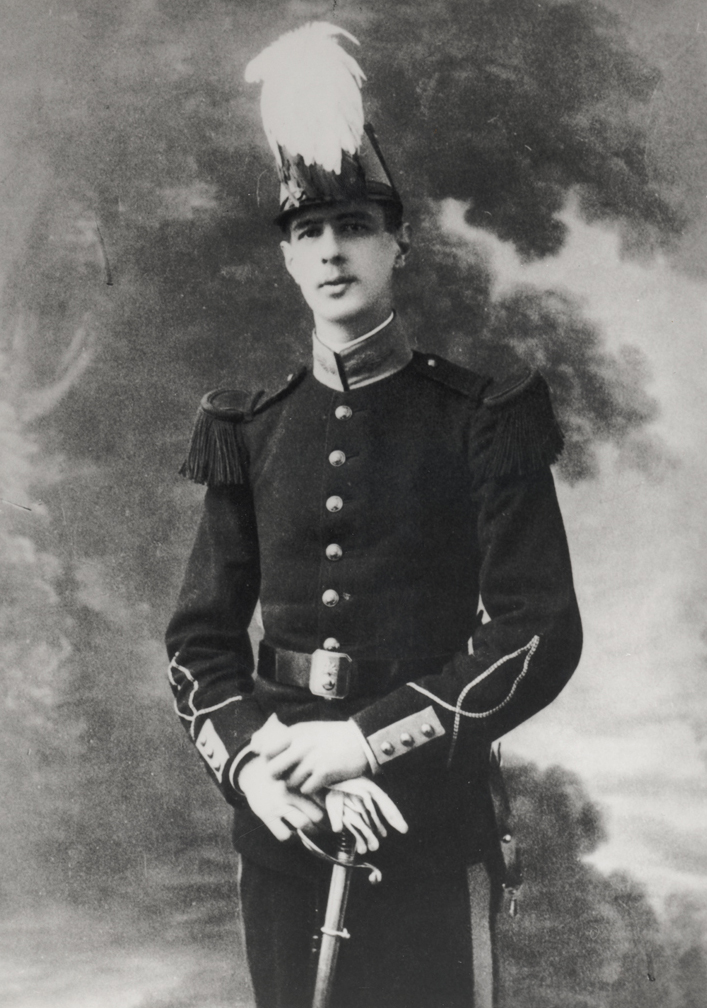|
Robert Gratton
Robert Gratton (born 23 October 1943) is a Canadian retired lawyer and financier known best for his long tenure as an executive of companies affiliated with the Power Corporation of Canada. Gratton graduated from the Université de Montreal with a law degree in 1966 and for the next two years worked as an assistant to Paul Gérin-Lajoie; he was called to the Bar of Quebec in 1967. He returned to university in 1968 and received degrees from the London School of Economics in 1969 and Harvard University in 1971. That year, Gratton joined Crédit foncier franco-canadien, where he became general manager in 1975 and president in 1979. In 1982 Gratton left Crédit foncier to become president and chairman of the Montreal Trust Company, which was controlled by Power Corporation. During his tenure, Gratton oversaw the massive growth and expansion of the company. Following the sale of Montreal Trust to BCE in 1989, Gratton was appointed president of Power Financial. Gratton served as pre ... [...More Info...] [...Related Items...] OR: [Wikipedia] [Google] [Baidu] |
Montreal, Quebec
Montreal is the List of towns in Quebec, largest city in the Provinces and territories of Canada, province of Quebec, the List of the largest municipalities in Canada by population, second-largest in Canada, and the List of North American cities by population, ninth-largest in North America. It was founded in 1642 as ''Fort Ville-Marie, Ville-Marie'', or "City of Mary", and is now named after Mount Royal, the triple-peaked mountain around which the early settlement was built. The city is centred on the Island of Montreal and a few, much smaller, peripheral islands, the largest of which is Île Bizard. The city is east of the national capital, Ottawa, and southwest of the provincial capital, Quebec City. the city had a population of 1,762,949, and a Census geographic units of Canada#Census metropolitan areas, metropolitan population of 4,291,732, making it the List of census metropolitan areas and agglomerations in Canada, second-largest metropolitan area in Canada. French l ... [...More Info...] [...Related Items...] OR: [Wikipedia] [Google] [Baidu] |
Laurentian Bank Of Canada
The Laurentian Bank of Canada (LBC; ) is a Schedule 1 bank that operates primarily in the province of Quebec, with commercial and business banking offices located in Ontario, Alberta, British Columbia, and Nova Scotia. LBC's Institution Number (or routing number) is 039. The institution was established as the Montreal City and District Savings Bank in 1846. The bank's shares were publicly listed on the Montreal Stock Exchange in 1965 and the Toronto Stock Exchange in 1983. In 1987, the institution was renamed the ''Laurentian Bank of Canada''. It is the only bank in North America to have had a labour union, some 1,100 positions becoming unionized in 1967, with the rest of non-managerial positions joining decades later. In 2017, there was a failed attempt by the bank to decertify the Canadian Office and Professional Employees Union, but a majority of workers voted for union decertification in March 2021, leading the Canada Industrial Relations Board to revoke the union's certi ... [...More Info...] [...Related Items...] OR: [Wikipedia] [Google] [Baidu] |
Canadian Financiers
Canadians () are people identified with the country of Canada. This connection may be residential, legal, historical or cultural. For most Canadians, many (or all) of these connections exist and are collectively the source of their being ''Canadian''. Canada is a multilingual and multicultural society home to people of groups of many different ethnic, religious, and national origins, with the majority of the population made up of Old World immigrants and their descendants. Following the initial period of French and then the much larger British colonization, different waves (or peaks) of immigration and settlement of non-indigenous peoples took place over the course of nearly two centuries and continue today. Elements of Indigenous, French, British, and more recent immigrant customs, languages, and religions have combined to form the culture of Canada, and thus a Canadian identity and Canadian values. Canada has also been strongly influenced by its linguistic, geographic, and ... [...More Info...] [...Related Items...] OR: [Wikipedia] [Google] [Baidu] |
1943 Births
Events Below, the events of World War II have the "WWII" prefix. January * January 1 – WWII: The Soviet Union announces that 22 German divisions have been encircled at Stalingrad, with 175,000 killed and 137,650 captured. * January 4 – WWII: Greek-Polish athlete and saboteur Jerzy Iwanow-Szajnowicz is executed by the Germans at Kaisariani. * January 10 – WWII: Guadalcanal campaign, Guadalcanal Campaign: American forces of the 2nd Marine Division and the 25th Infantry Division (United States), 25th Infantry Division begin their assaults on the Battle of Mount Austen, the Galloping Horse, and the Sea Horse#Galloping Horse, Galloping Horse and Sea Horse on Guadalcanal. Meanwhile, the Japanese Seventeenth Army (Japan), 17th Army makes plans to abandon the island and after fierce resistance withdraws to the west coast of Guadalcanal. * January 11 ** The United States and United Kingdom revise previously unequal treaty relationships with the Republic of China (1912–194 ... [...More Info...] [...Related Items...] OR: [Wikipedia] [Google] [Baidu] |
Lake Memphremagog
Lake Memphremagog (; , ) is a fresh water glacial lake located between Newport (city), Vermont, Newport, Vermont, United States and Magog, Quebec, Canada. The lake spans both Quebec and Vermont, but is mostly in Quebec. Most of the watershed that feeds the lake is located in Vermont, and is a source for accumulated phosphorus, sediments, and other pollutants. Cleanup efforts since the late 1980s have improved the water quality. The lake furnishes potable water for 200,000 people. Physical characteristics The lake is long with 73 percent of the lake's surface area in Quebec, where it drains into the Magog River. However, three-quarters of its drainage basin, watershed, , is in Vermont. The total is , with located in Quebec. In Vermont, the lake lies in parts of the towns of Derby, Vermont, Derby and Newport (town), Vermont, Newport, in addition to the City of Newport (city), Vermont, Newport, all in Orleans County, Vermont, Orleans County. In Quebec, the lake lies in parts of A ... [...More Info...] [...Related Items...] OR: [Wikipedia] [Google] [Baidu] |
Hugh Allan
Sir Hugh Allan (September 29, 1810 – December 9, 1882) was a Scottish-Canadian shipping magnate, financier and capitalist. By the time of his death, the Allan Line Royal Mail Steamers, Allan Shipping Line had become the largest privately owned shipping empire in the world. He was responsible for transporting millions of British immigrants to Canada, and the businesses that he established from Montreal filtered across every sphere of Canadian life, cementing his reputation as an empire builder. His home, Ravenscrag, Montreal, Ravenscrag, was the principal residence of the Golden Square Mile in Montreal. Early years in Scotland Born at Saltcoats in North Ayrshire, Scotland, he was the second son of Captain Alexander Allan (ship-owner), Alexander Allan and Jean Crawford (1782–1856). He was a first cousin of Alexander Tilloch Galt, Sir Alexander Tilloch Galt, and his father was a first cousin of the Scottish bard, Robert Burns. In 1819, Allan's father established the Allan Li ... [...More Info...] [...Related Items...] OR: [Wikipedia] [Google] [Baidu] |
Notre-Dame-de-Grâce
Notre-Dame-de-Grâce (, , ), commonly known as NDG, is a residential neighbourhood of Montreal in the city's West End, with a population of 166,520 (2016). An independent municipality until annexed by the City of Montreal in 1910, NDG is today one half of the borough of Côte-des-Neiges–Notre-Dame-de-Grâce. It comprises two wards, Loyola to the west and Notre-Dame-de-Grâce to the east. NDG is bordered by four independent enclaves; its eastern border is shared with the City of Westmount, Westmount, Quebec, to the north and west it is bordered by the cities of Montreal West, Hampstead, Quebec, Hampstead and Côte-Saint-Luc. NDG plays a pivotal role in serving as the commercial and cultural hub for Montreal's predominantly English-speaking West End, with Sherbrooke Street, Sherbrooke Street West running the length of the community as the main commercial artery. The community is roughly bounded by Claremont Avenue to the east, Côte-Saint-Luc Road to the north, Brock Avenue in the ... [...More Info...] [...Related Items...] OR: [Wikipedia] [Google] [Baidu] |
CIBC Mellon
CIBC Mellon is a joint venture founded in 1996 between the Canadian Imperial Bank of Commerce (CIBC) and then Mellon Financial Corporation to offer asset servicing to institutional investors. Based in Toronto, Ontario, Canada, it comprises two sister companies, CIBC Mellon Trust company and CIBC Mellon Global Securities Services Company. On 16 February 2010, ''The Wall Street Journal'' reported that BNY Trust Co. of Canada would be acquiring the corporate trust assets of CIBC Mellon. On 28 July 2010 it was reported that Pacific Equity Partners would acquire CIBC Mellon Trust Company's issuer services business (stock transfer and employee share purchase plan). Offices CIBC Mellon's head office is in Toronto at 1 York Street. CIBC Mellon holds the lease from the fifth to tenth floor. There are satellite offices in Canada: * Calgary, Alberta - 6th floor Dome Tower * Halifax, Nova Scotia * London, Ontario - 8th Floor, 255 Queens Ave. * Mississauga, Ontario - 55 Standish ... [...More Info...] [...Related Items...] OR: [Wikipedia] [Google] [Baidu] |
Battle Of Dakar
The Battle of Dakar, also known as Operation Menace, was an unsuccessful attempt in September 1940 by the Allies of World War II, Allies to capture the strategic port of Dakar in French West Africa (modern-day Senegal). It was hoped that the success of the operation could overthrow the pro-German Vichy France, Vichy French administration in the colony, and be replaced by a pro-Allied Free French Forces, Free French one under General Charles de Gaulle. Background At the beginning of World War II, the French fleet in the Mediterranean was to have countered the Regia Marina, Italian Navy, thereby leaving the British Royal Navy free to concentrate on the German warships in the North Sea and Atlantic. After the Battle of France, defeat of France and the conclusion of the Second Armistice at Compiègne, armistice between France and Nazi Germany in June 1940, there was considerable confusion as to the allegiance of the various French colonies. Some, like Cameroon and French Equatorial A ... [...More Info...] [...Related Items...] OR: [Wikipedia] [Google] [Baidu] |
Charles De Gaulle
Charles André Joseph Marie de Gaulle (22 November 18909 November 1970) was a French general and statesman who led the Free France, Free French Forces against Nazi Germany in World War II and chaired the Provisional Government of the French Republic from 1944 to 1946 to restore democracy in France. In 1958, amid the May 1958 crisis in France, Algiers putsch, he came out of retirement when appointed Prime Minister of France, Prime Minister by President René Coty. He rewrote the Constitution of France and founded the French Fifth Republic, Fifth Republic after approval by 1958 French constitutional referendum, referendum. He was elected President of France later that year, a position he held until his resignation in 1969. Born in Lille, he was a decorated officer of World War I, wounded several times and taken prisoner of war (POW) by the Germans. During the interwar period, he advocated mobile armoured divisions. During the German invasion of May 1940, he led an armoured divisi ... [...More Info...] [...Related Items...] OR: [Wikipedia] [Google] [Baidu] |






